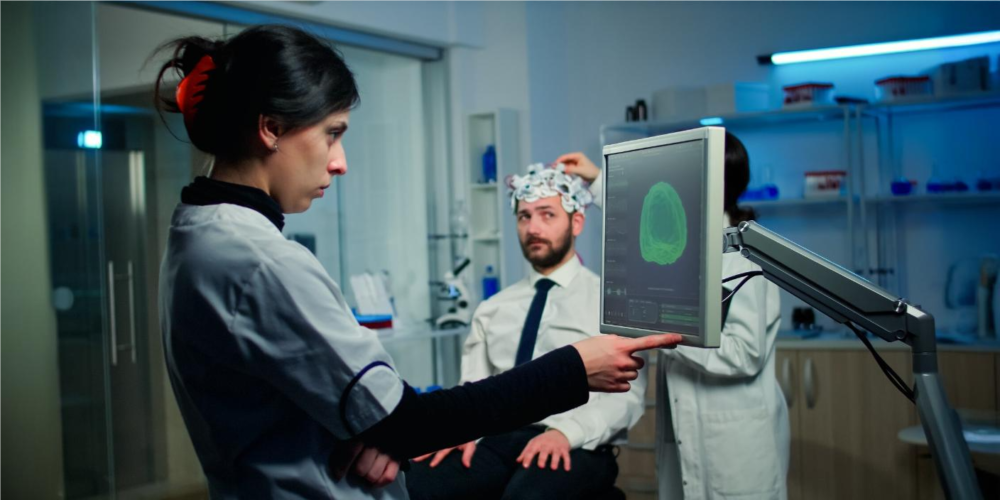Deep inequities, underreported suffering in global breast cancer battle: Report
Author
Author
- admin / 2 years

- 0
- 4 min read

Author
Lancet Commission report estimates global breast cancer incidence to rise from 2.3 million new cases in 2020 to over three million by 2040 and one million deaths annually.
In 2020, 7.8 million women were alive having been diagnosed with breast cancer in the previous five years, reflecting progress in research and cancer management that has led to a decrease of over 40 per cent in breast cancer mortality in most high-income countries. However, 6,85,000 women died from the disease in 2020, and glaring inequities and suffering related to physical symptoms, emotional despair, and financial burden are often hidden and inadequately addressed, according to the latest Lancet Breast Cancer Commission report.
Estimates suggest that global breast cancer incidence will rise from 2.3 million new cases in 2020 to over 3 million by 2040, and one million deaths from the disease per year are projected by 2040. Low- and middle-income countries are disproportionately affected, as per the recent report.
Although breast cancer is the most common cancer, gaps in knowledge continue to prevent effective action. For example, the number of people living with metastatic breast cancer is not known, hampering the provision of treatment and care. At the same time, the scale of breast cancer-related suffering and other costs are not well-measured. “Society and policymakers currently see only the tip of an iceberg”, say the authors.
The Commission’s lead author, Professor Charlotte Coles, Department of Oncology, University of Cambridge, UK, a National Institute for Health and Care Research (NIHR) Research Professor and Oncology Consultant at Cambridge University Hospitals NHS Foundation Trust, says, “Recent improvements in breast cancer survival represent a great success of modern medicine. However, we can’t ignore how many patients are being systematically left behind. Our Commission builds on previous evidence, presents new data, and integrates patient voices to shed light on a large unseen burden. We hope that, by highlighting these inequities and hidden costs and suffering in breast cancer, they can be better recognised and addressed by healthcare professionals and policymakers in partnership with patients and the public around the world.”
Missing MBC data
Even though 20-30 per cent of patients with early breast cancer experience relapse, relapse is not typically recorded by most national cancer registries. Therefore, the number of patients living with metastatic breast cancer (MBC) is not known. Meeting the needs of an under-measured patient population is difficult, and feelings of abandonment and isolation are common among those living with MBC as a result.
The Commission highlights how, in the last decade, MBC outcomes have improved considerably. “MBC remains poorly understood by the public, policymakers, and even healthcare professionals”, says Lesley Stephen, collaborator and patient advocate. “Some patients have told me that they feel ‘written off’. This sense of being ignored and left behind can mean they are less likely to seek help or engage with research that could help them. A diagnosis of MBC should not stop a person’s contribution to society, but patients with metastatic disease need more support and information in order to feel valued,” she noted.
Call for better communication
Breast cancer is a disease that many patients describe as robbing them of power. Therefore, healthcare professional-patient communication that empowers is highlighted by the authors as an important intervention. A review of research by the Commission suggests better communication with patients can improve quality of life, decision-making, body image, and even adherence to therapy – with positive impacts on survival.
“Women’s fundamental human rights have historically been accorded lesser respect than men’s in all settings, with implications for patient agency and autonomy”, says Professor Reshma Jagsi, Emory University School of Medicine, USA. “Every healthcare professional should receive some form of communication skills training. Improving the quality of communication between patients and health professionals, though seemingly simple, could have profound positive impacts that extend far beyond the specific setting of breast cancer management. Patients should be encouraged to exercise their voices, choosing their level of involvement in care decisions,” she adds.
The Commission calls for healthcare professionals in all countries to receive communication skills training and for patient involvement in all stages of clinical research on breast cancer – from concept to translation into clinical practice. The authors also urge for improved early detection programmes, beginning with efforts to promote stage shifting in diagnosis so that at least 60 per cent of confirmed invasive cancers are early disease (stages one or two).
Read More : India ‘Cancer capital of the world’: Report









